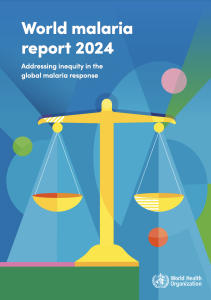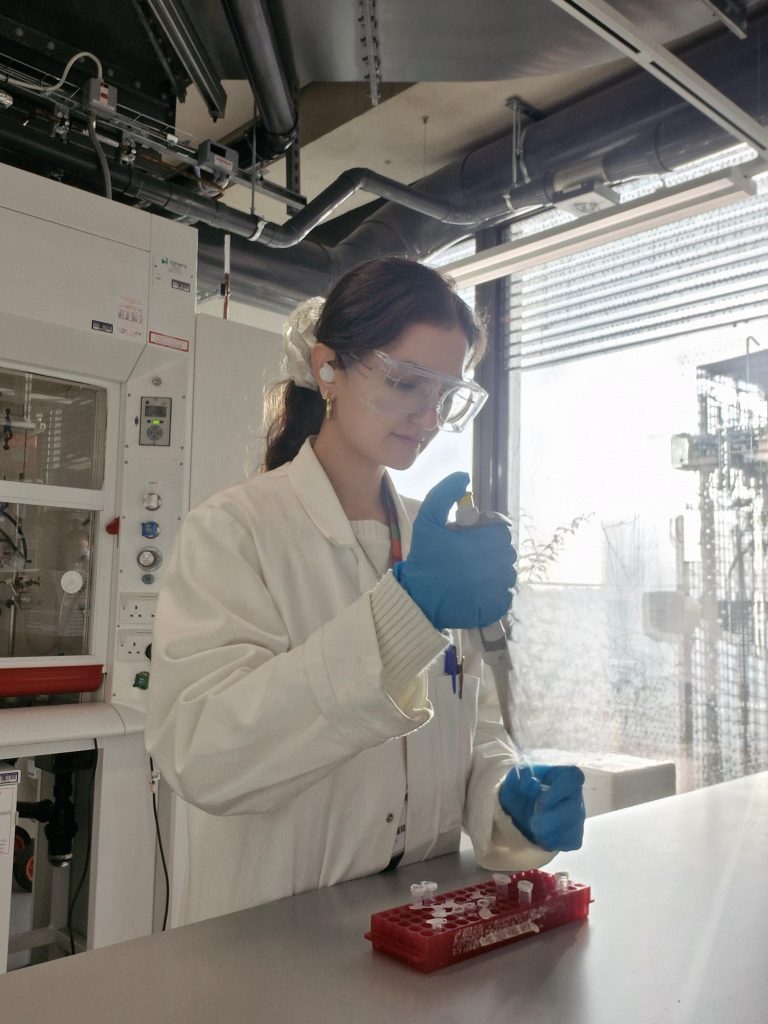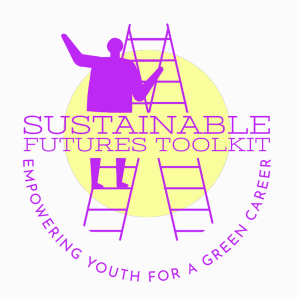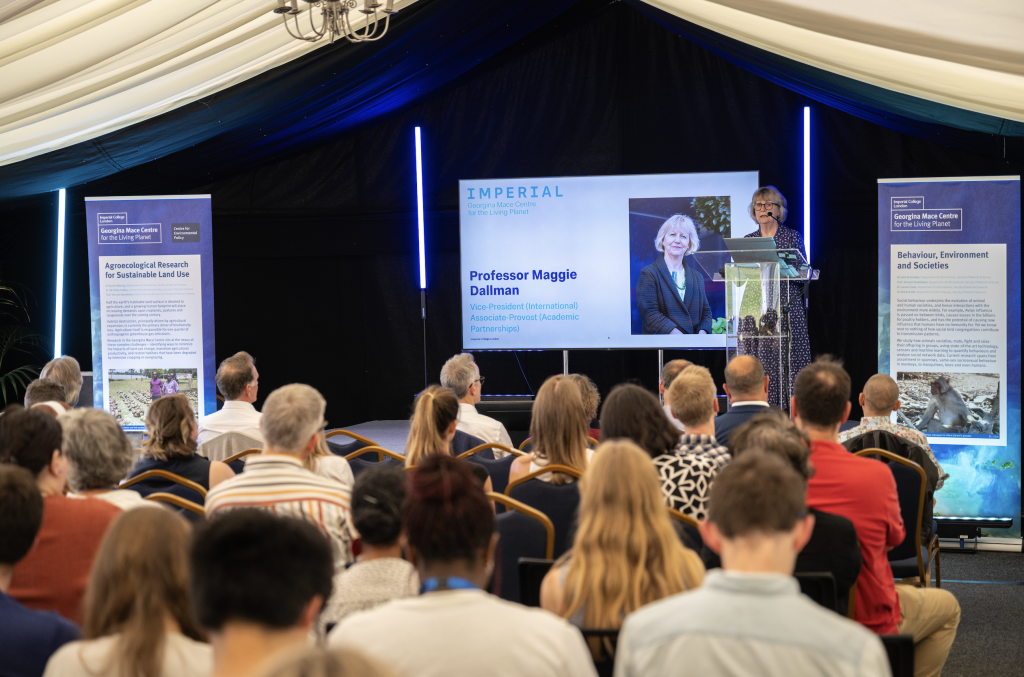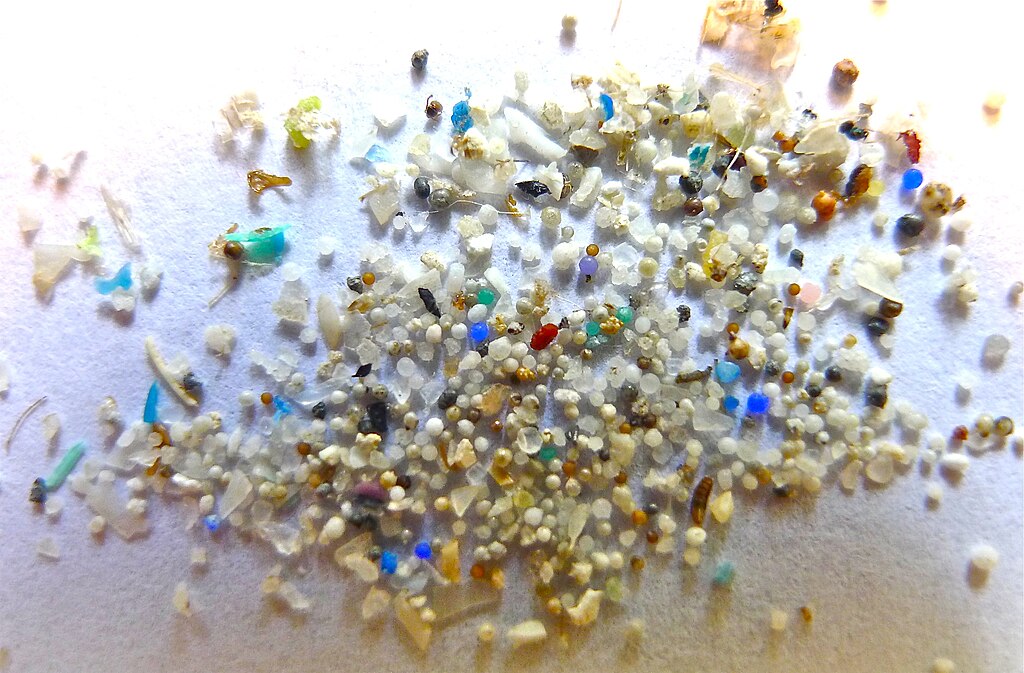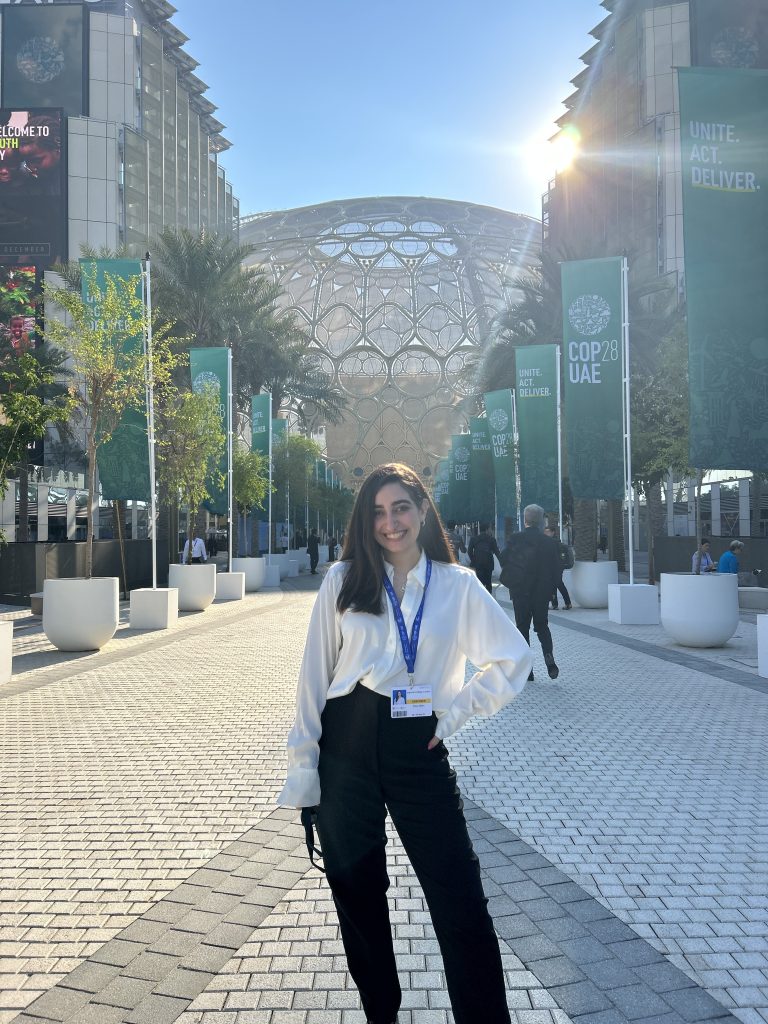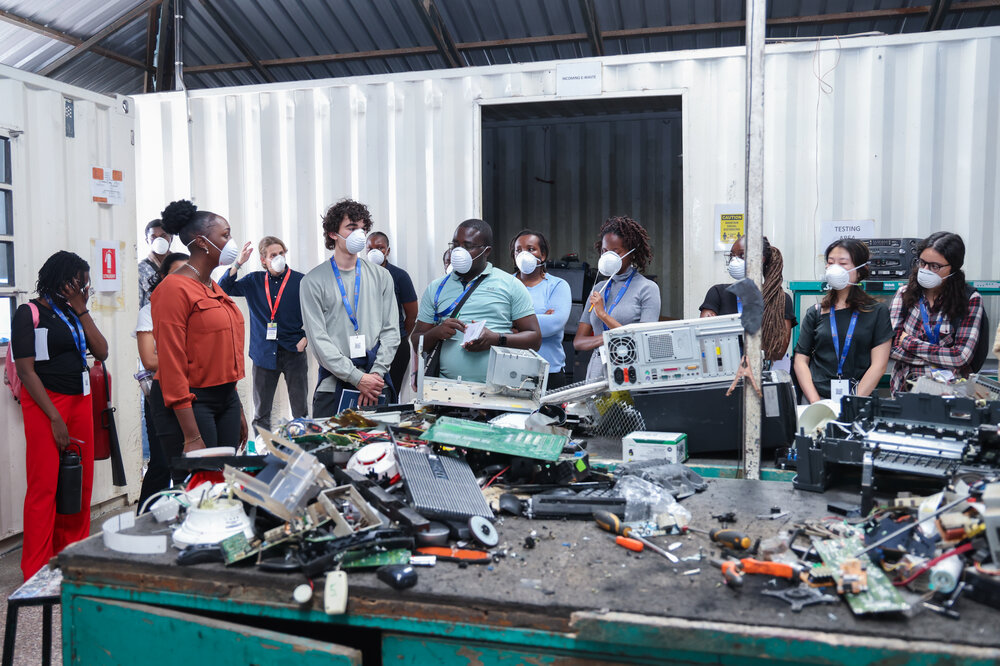Alice Day is a PhD student at the Waring Lab and the Fisher Lab within the Department of Life Sciences. She researches the potential of fungal inoculations in restoring agricultural land. In this blog post, she discusses how modern agriculture has depleted our soils of the microbes that once made them thrive, and how we may one day re-introduce them.

